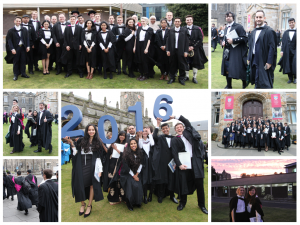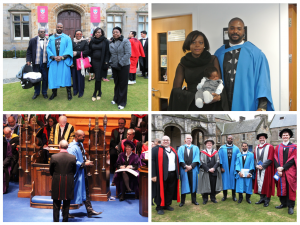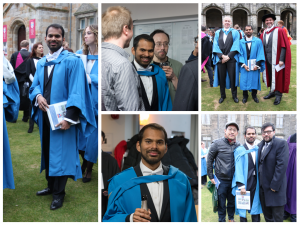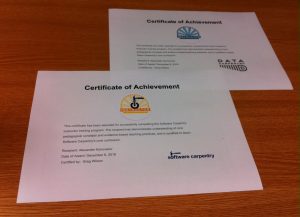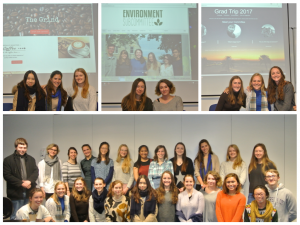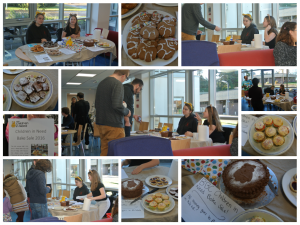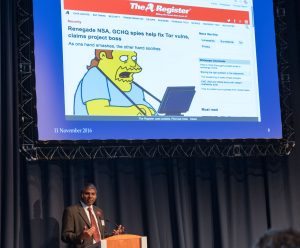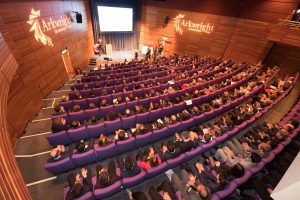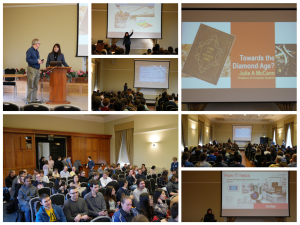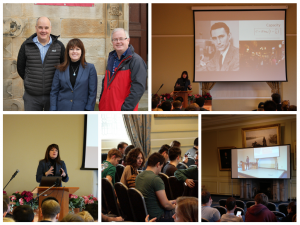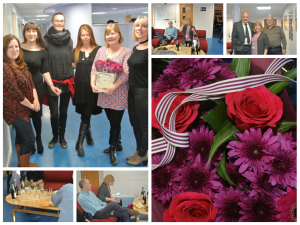Alice Toniolo, a new lecturer in Computer Science at St Andrews, will be giving a seminar to the Artificial Intelligence Research Group on Thursday 1st December 2016, 2pm, in JC 1.33a. All are welcome.
Computational argumentation: an overview of current reasoning and dialogue models and their applications
Abstract: Argumentation is the process of arriving at a decision for a controversial standpoint. Computational models of argumentation aim to imitate the human decision-making process by modelling reason for or against certain decisions and extract justifiable options. This talk will draw from philosophical studies to present the core concepts of argumentation theory in AI through a range of abstract, logical and dialogical models. I will focus on the potential of argumentation-based models employed by software agents to support reasoning and dialogue in the presence of incomplete, inconsistent and uncertain information. An application of argumentation-based reasoning is presented in the context of intelligence analysis. The agent-based tool discussed, called CISpaces (Collaborative Intelligence Spaces), employs argumentation to help analysts make sense of information in collaboration and provenance to establish the credibility of hypotheses.
Event details
- When: 1st December 2016 14:00 - 15:00
- Where: Cole 1.33a
- Format: Seminar


